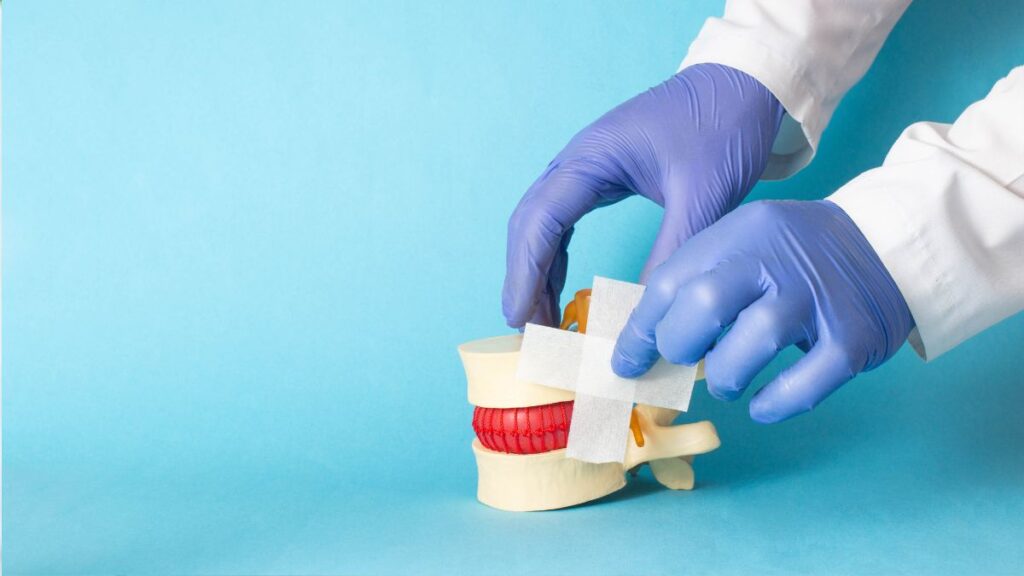Joint Pain Management in Chicago
Home » Conditions » Painful Joints
Whether it’s chronic or occasional, we all experience pain. And one of the most common types to experience is joint pain. If yours is moderate to severe or chronic, it is likely inhibiting your quality of life. Joint pain treatment in Chicago can greatly reduce – and in some cases, eliminate – the joint pain you experience. With Gateway Spine & Pain Physicians, you can get joint pain relief in Chicago so you can feel better and live better.

A Primer on Joint Pain
Joint pain is a pretty broad term referring to any type of pain felt in any of the joints in the body. It can be mild to severe and often comes with stiffness or other symptoms that limit mobility. While it is something typically associated with advanced age and obesity, anyone can experience joint pain.
What Are the Most Common Causes of Joint Pain?
There are many, many conditions that can cause or contribute to joint pain. The most notable ones are as follows:
- Autoimmune diseases such as rheumatoid arthritis and lupus
- Bursitis
- Chondromalacia patellae
- Gout
- Epstein-Barr viral syndrome
- Hepatitis
- Influenza
- Lyme disease
- Measles
- Mumps
- Parvovirus
- Rheumatic fever
- Rubella
- Chickenpox
- Injuries
- Osteomyelitis
- Septic arthritis
- Tendinitis
- Unusual exertion or overuse


Seeing a Joint Pain Doctor
In most cases, joint specialists will start by giving you a plan for at-home joint pain management. They will likely suggest things like rest, sitting and sleeping in specific positions, exercise, warm baths, massages, and strategic stretches. Anti-inflammatory medications are usually prescribed with this to relieve pain and swelling.
Signs You Need to Contact a Specialist
Are you on the fence about seeing a rheumatoid arthritis doctor? Here are signs that it’s time to book your appointment:
- You’ve had the pain in your joints for three days or more.
- The joint pain is severe or unexplained.
- You’re experiencing unintended weight loss.
- You are running a fever and can’t figure out why.
- Tendinitis
- Unusual exertion or overuse


Preparing to See Your Arthritis Specialist
A big part of diagnosing and treating joint pain is just better understanding what you are experiencing. To help get the most out of your appointment, we suggest you take time to reflect on the pain you are experiencing with the following questions.
- Where exactly are you feeling the joint pain?
- When did this joint pain begin?
- Was the onset mild, moderate, or severe?
- Did it begin after a specific event, illness, or injury?
- How do resting and moving alter the pain?
- Are there things you do that you have noticed relieve the pain?
In most cases, treatment will involve a combination of medications, rest, and physical therapy. To get your personalized treatment plan, speak with a doctor for arthritis.




